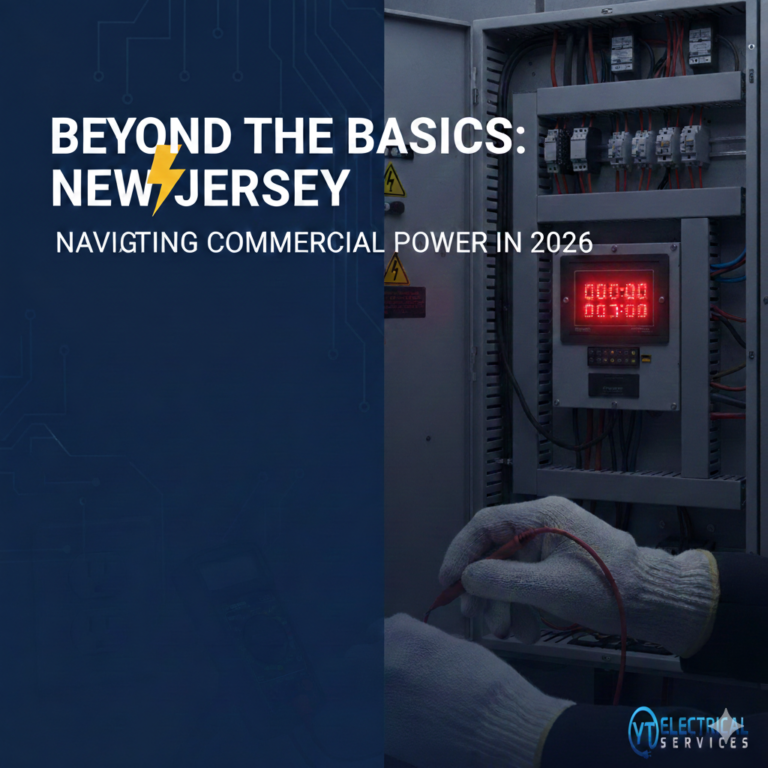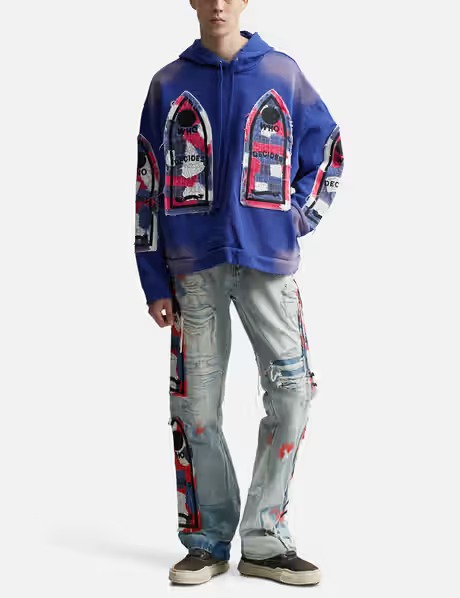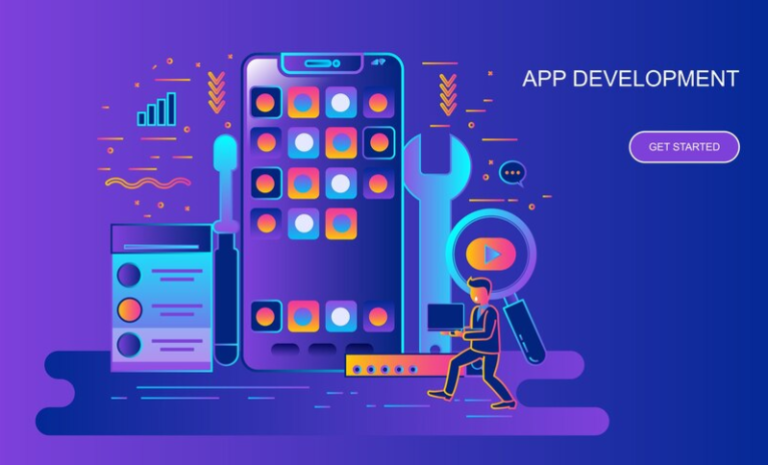Brand promotion has come a long way from its traditional roots. In the early days, businesses would broadcast their messages through radio, television, and print media, reaching large audiences with a one-size-fits-all approach. However, the rise of the digital age and new technologies has led to the emergence of what we now call Brand Promotion 2.0. This new approach is all about understanding and engaging consumers on a deeper, more personalized level.
As digital platforms continue to evolve, so too does the way brands interact with consumers. Today’s consumers expect tailored experiences that resonate with their individual needs, preferences, and behaviors. This shift toward personalized brand promotion is reshaping the future of consumer engagement, with brands moving from transactional relationships to more meaningful, lasting connections.
II. What is Brand Promotion 2.0?
A. Defining Brand Promotion 2.0
Brand promotion and engagement is a strategic evolution that leverages data and technology to create unique, personalized experiences for consumers. Unlike traditional advertising, which relies on mass outreach, Brand Promotion 2.0 focuses on individual consumers, tailoring products, services, and marketing efforts to meet their specific preferences.
At its core, Brand Promotion 2.0 integrates data-driven insights into marketing strategies, ensuring that every touchpoint with a consumer feels relevant, timely, and valuable. Through personalization, brands can engage consumers on a deeper level, turning them into loyal advocates rather than mere customers.
B. The Role of Data and Technology
The shift to Brand Promotion 2.0 is largely powered by advancements in data analytics and technology. Brands now have access to an unprecedented amount of consumer data, including browsing habits, purchase history, social media activity, and more. By analyzing this data, brands can craft personalized marketing messages, offers, and experiences tailored to each consumer’s unique preferences.
Tools like Customer Relationship Management (CRM) systems, Artificial Intelligence (AI), and machine learning algorithms play a crucial role in driving personalized experiences. These technologies enable brands to predict consumer behavior, recommend products, and deliver content that aligns with individual tastes and needs.
III. The Power of Personalization in Consumer Engagement
A. Personalized Marketing Strategies
Personalized marketing strategies are no longer a luxury; they are a necessity in today’s competitive landscape. Consumers want to feel that brands understand them, and the way to achieve that is through personalization. For example, personalized product recommendations based on past purchases or location-based offers are common tactics that increase engagement and conversion rates.
Personalization also extends to content marketing. By using consumer data, brands can deliver content that is relevant to the individual—whether it’s an article, video, or social media post. This targeted approach fosters a deeper connection, as consumers are more likely to engage with content that speaks to their interests and needs.
B. Building Emotional Connections
Personalized experiences help brands build emotional connections with consumers. When consumers feel understood and valued, they are more likely to develop brand loyalty. For instance, brands that align with a consumer’s values, whether it’s sustainability, innovation, or quality, can strengthen these emotional ties.
Storytelling is also a powerful tool in personalized marketing. Brands that use compelling narratives to highlight their values and mission can forge deeper connections with their audience. These stories, when personalized, become more relatable and impactful, making consumers feel like they are part of something bigger.
IV. Tools and Technologies Powering Personalization
A. AI and Machine Learning
Artificial Intelligence (AI) and machine learning are at the forefront of personalized marketing. These technologies allow brands to analyze vast amounts of consumer data and predict future behavior. For example, AI-driven recommendation engines, like those used by Netflix or Amazon, suggest products or content based on past behavior, increasing the likelihood of conversion.
Additionally, AI chatbots and virtual assistants provide real-time, personalized customer service, helping brands engage with consumers on an individual level, 24/7. By using AI, brands can enhance the consumer experience, making it more intuitive and efficient.
B. CRM and Marketing Automation
Customer Relationship Management (CRM) systems allow brands to track and manage their interactions with consumers. By collecting data from various touchpoints, such as emails, website visits, and social media, brands can create a comprehensive consumer profile. This enables them to tailor communications and offers, making each interaction feel personalized.
Marketing automation tools take this a step further by delivering timely, relevant messages to consumers based on their actions. For example, if a consumer abandons a shopping cart, an automated email can remind them of the items they left behind, offering a discount or incentive to complete the purchase.
C. Augmented Reality (AR) and Virtual Reality (VR)
Emerging technologies like AR and VR are changing the way brands engage with consumers. These immersive technologies offer highly personalized, interactive experiences that allow consumers to try products in virtual environments or visualize them in real-life settings. For example, furniture companies like IKEA use AR to allow consumers to see how a product would look in their home before making a purchase decision.
Brands are increasingly using AR and VR to create personalized, memorable experiences that strengthen consumer relationships and drive engagement.
V. Case Studies: Successful Personalization in Action
A. Amazon: The King of Personalized Shopping
Amazon is a prime example of how personalization can drive success in brand promotion. With its recommendation engine, Amazon analyzes consumer data to suggest products based on browsing history, past purchases, and even what similar consumers are buying. This hyper-personalized approach results in higher conversion rates and increased customer loyalty.
B. Nike’s Customization and Experience
Nike’s personalized offerings, like customized shoes and gear, allow consumers to create products that reflect their style and preferences. The Nike+ community also offers personalized workout recommendations and challenges, further deepening consumer engagement and loyalty.
C. Sephora’s Digital Beauty Ecosystem
Sephora uses personalized beauty recommendations through its mobile app, combining consumer data with product reviews, ratings, and preferences. Their use of virtual try-ons via AR technology further enhances the personalized experience, allowing consumers to “try” makeup before making a purchase.
VI. The Consumer’s Perspective: Expectations and Experience
A. Changing Consumer Expectations
Consumers today are more informed and empowered than ever before. They expect brands to not only provide quality products but also engage with them in meaningful, personalized ways. From tailored recommendations to personalized content, consumers are looking for brands that speak to their individual needs and preferences.
B. Privacy Concerns and Trust
While personalization is highly valued by consumers, it also raises concerns about data privacy. Consumers want to know that their personal information is being handled responsibly and securely. Brands that can strike the right balance between personalization and privacy will build trust and loyalty among their customer base.
To maintain trust, brands must be transparent about how they collect and use consumer data. Providing consumers with control over their data, such as opt-in preferences, is a critical aspect of building long-term relationships.
VII. The Future of Brand Promotion: Trends and Predictions
A. The Emergence of Hyper-Personalization
As technology advances, we can expect to see the rise of hyper-personalization. This takes personalization to the next level by offering completely unique, one-to-one experiences for consumers. Brands will be able to predict consumer behavior with even greater accuracy, delivering highly targeted messages and offers at just the right time.
B. Integration of AI, Blockchain, and Data Privacy
The future of personalized brand promotion will see the integration of AI, blockchain, and data privacy technologies. AI will continue to refine personalization strategies, while blockchain can offer consumers greater control over their data. Secure, transparent data practices will be crucial for maintaining consumer trust.
C. The Role of Sustainability in Personalized Brand Experiences
As sustainability becomes a growing concern for consumers, brands will need to incorporate eco-friendly practices into their personalized experiences. Consumers are increasingly looking for brands that align with their values, particularly when it comes to sustainability. Personalized experiences that highlight a brand’s commitment to the environment will resonate with eco-conscious consumers.
VIII. How Brands Can Start Implementing Brand Promotion 2.0 Today
A. Collecting and Analyzing Customer Data
To get started with Brand Promotion 2.0, brands need to collect and analyze customer data. By using CRM tools, social media insights, and website analytics, brands can begin to understand consumer preferences and behaviors.
B. Creating a Personalization Strategy
Brands should develop a personalization strategy that aligns with their values and objectives. This includes identifying the types of personalized experiences they want to offer, whether through product recommendations, targeted content, or interactive features.
C. Testing and Iteration
Personalization is an ongoing process. Brands should continuously test their personalization strategies to determine what works and refine their approaches. By analyzing consumer responses and feedback, brands can optimize their efforts to achieve maximum engagement and loyalty.
Conclusion: The Future of Engagement Is Personal
As we move further into the digital age, the future of brand promotion will be driven by personalized experiences that meet consumers where they are. By embracing data, technology, and a consumer-centric mindset, brands can create meaningful, lasting connections with their audience. Personalization is no longer just a trend; it’s the future of consumer engagement.
Brands that invest in personalized experiences will be well-positioned to build loyalty, drive sales, and stay ahead of the competition. In a world where consumers crave relevance and connection, Brand Promotion 2.0 offers the perfect opportunity to forge deeper, more impactful relationships with the people who matter most.





